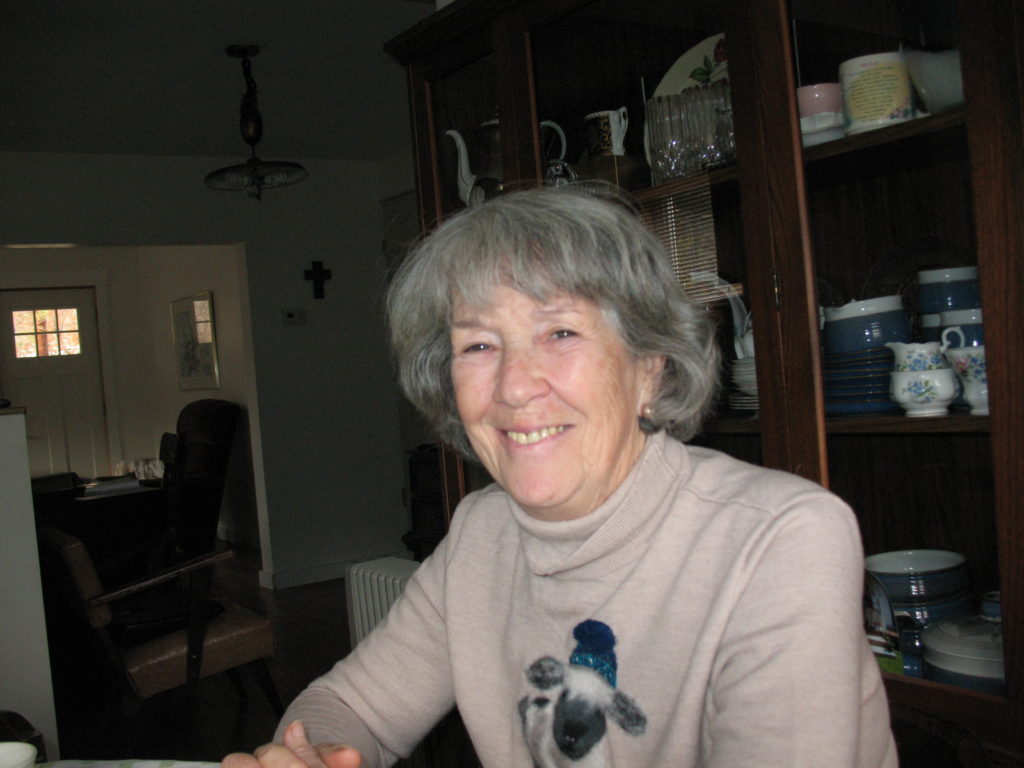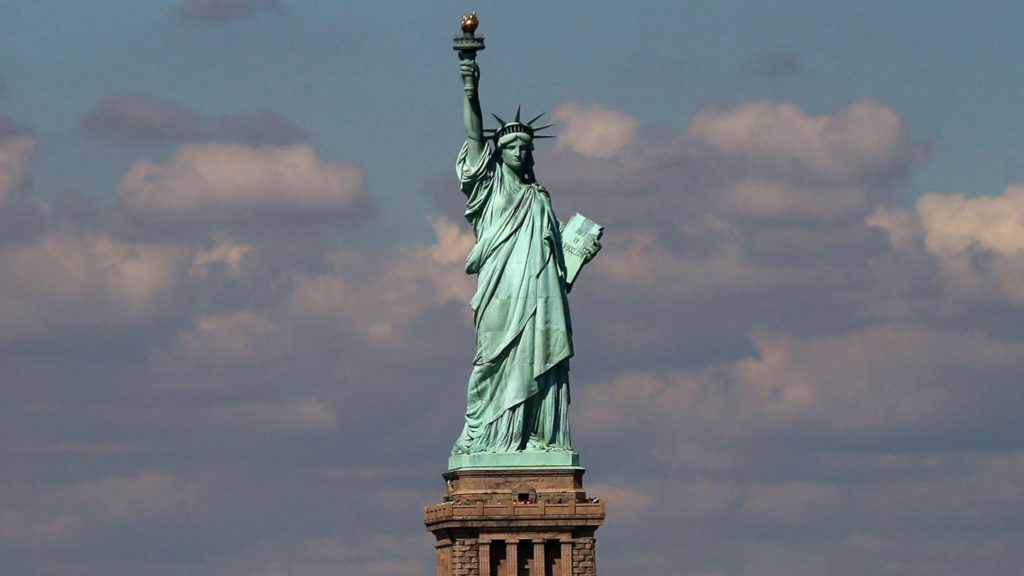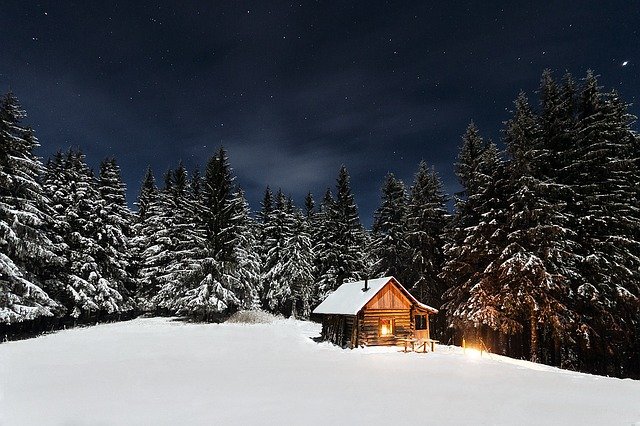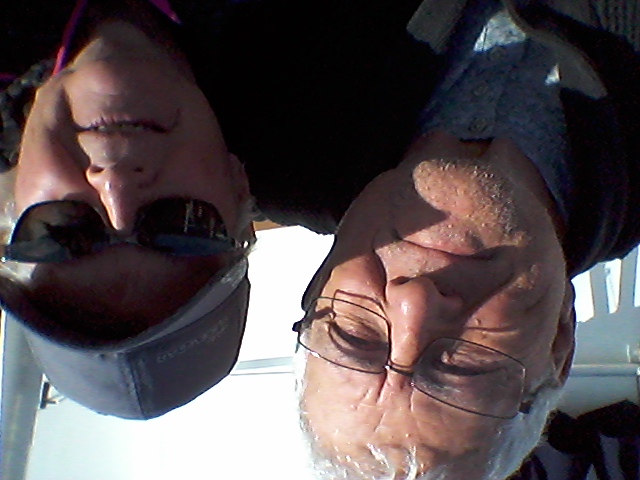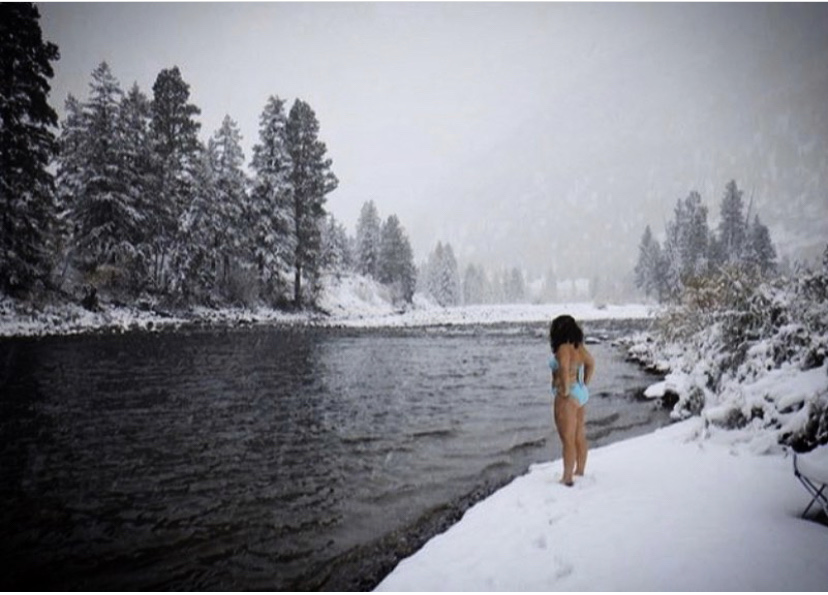
My idea of a preferred activity on a December morning differs vastly from that of Hedley resident, Lindsay Fairweather. For me, it’s sitting in front of a roaring fire in the fireplace with a cup of steaming coffee, reading a John Grisham novel. In a telephone conversation with Lindsay last week, I gathered she’d be just as happy swimming in the frigid water of the Similkameen River. She began swimming in the river this past May and now takes the plunge once a week. She seems to agree with Jim Whittaker, Mt. Everest mountaineer who said, “if you’re not living on the edge, you’re taking up too much space.”
Lindsay has long been prone to living closer to the edge than most of us. “When I was about 15,” she said, “I had an experience that scared me. I was floating down the Similkameen on a tube. At the Slaughterhouse Rapids I was bounced from the tube and was suddenly under the water. I reached the surface but the water sucked me down repeatedly. All I could do was hold my breath and crawl along the bottom from rock to rock until I was past the rapids and able to pull myself up on a rock. I was pretty shaken up, but there was lots of adrenalin.”
More recently when she learned about the benefits of cold water swimming, she felt a tugging to try it. “I began swimming in the river this past May. To acclimatize my body to the coming winter temperatures, I ended my showers with five minutes of cold water.” Now she and a friend swim once a week. “She wears a wet suit. I wear my bathing suit and neoprene gloves.”
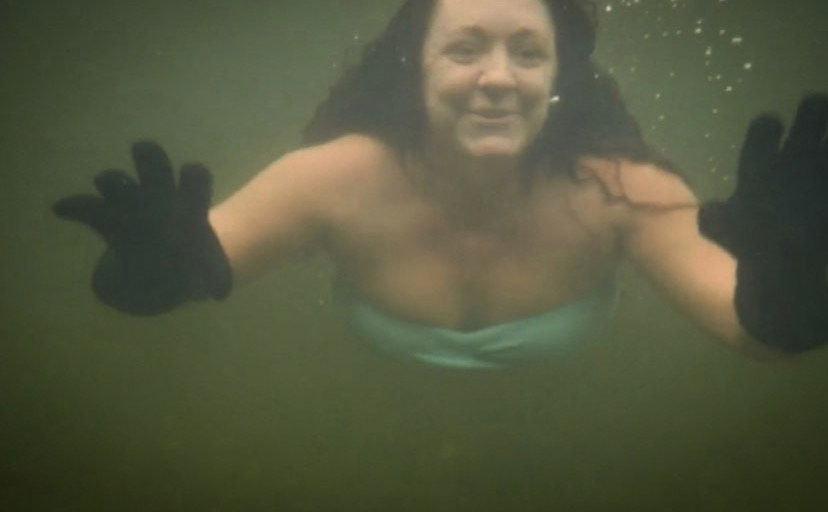
Prior to current winter temperatures, she did a two kilometer swim. “I was becoming aware of weariness and cold setting in so I made for the shore. Seeing it was overgrown with poison ivy, to which I’m severely allergic, I returned to the river. To deal with the weariness, I reminded myself that I’m much stronger than I give myself credit for. The Ford slogan, “built tough” came to me and I told myself, that’s how I’m built.” She began repeating to herself, “Built tough! Built tough!” It became a mantra. From this and other experiences she has learned it’s important to not under estimate the power of the mind. “Sometimes you have to think of another option,” she said.
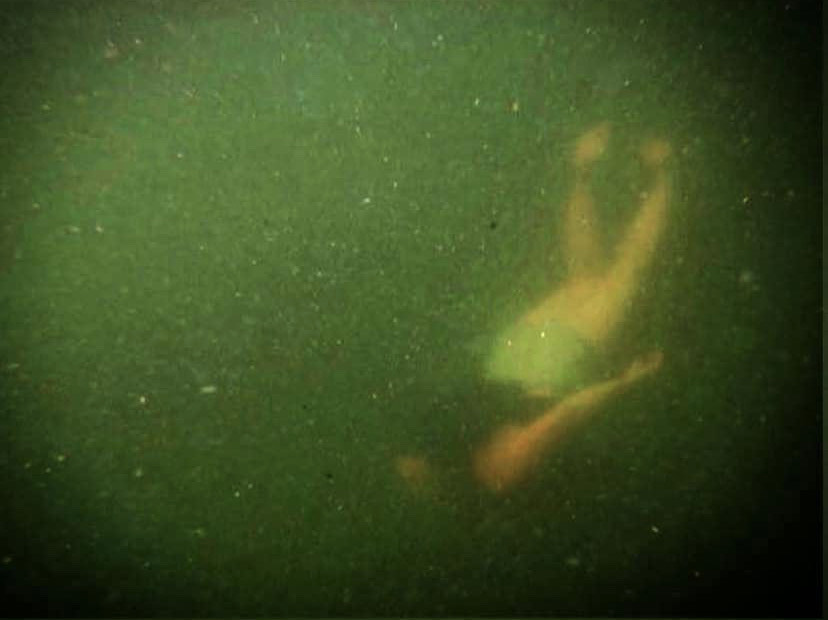
Several potentially life ending episodes have convinced Lindsay she can’t be blasé about what she is doing. She recognizes that cold water swimming is inherently hazardous and she must be constantly aware of how the cold is impacting her physically. One website stresses the importance of understanding the dangers. “When entering cool water,” it says, “the muscles tighten. Breathing can become erratic and shallow. Overcoming a game ending panicky feeling starts and ends with the breathing.”
For Lindsay breathing is an essential aspect of her preparation. “I take a number of rapid breaths,” she said. “I also practise holding my breath. I can do that for three minutes. When I enter the water, I breathe calmly and walk until I’m in up to my neck. Learning to stay calm also helps me in challenging circumstances I encounter in life. People suffering with depression and anxiety disorders can benefit from this.”
Lindsay has derived a number of life altering positives from cold water swimming. “I love the thrill,” she said, “but there are a number of mental and physical benefits. Injured muscles heal more rapidly. Cold water immersion also quick starts the immune system and increases the number of white blood cells. I’ve found that it impacts my mental state. I feel happier, more awake and clear minded. It’s like a kind of meditation. I think more positively about myself. It helps me overcome negative self talk.”
By the end of an hour long conversation I concluded that much of Lindsay’s enthusiasm stems from the way cold water swimming is changing who she is and how she perceives herself. Each time she immerses her body in the river, she must steel herself against the cold. Experience has taught her there is potential unseen danger lurking beneath the surface. Her words suggest that for her cold water swimming is an inner exploration. It is creating in her a fuller understanding of who she is and what she is capable of accomplishing.

